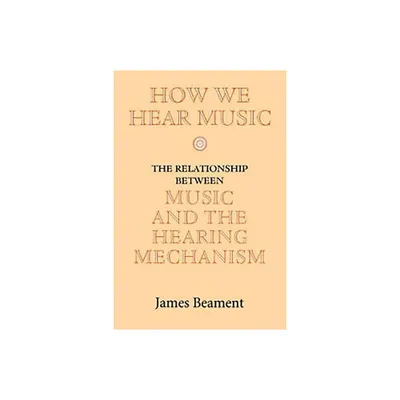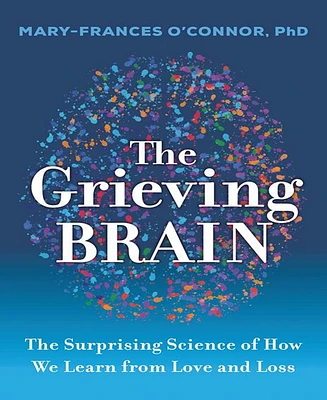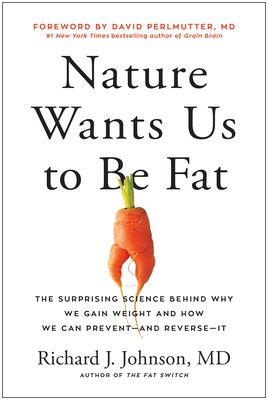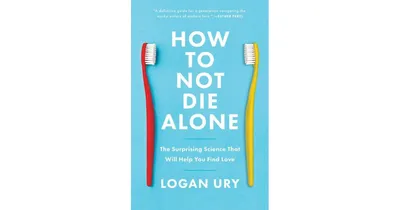Home
Bad Singer: The Surprising Science of Tone Deafness and How We Hear Music
Loading Inventory...
Barnes and Noble
Bad Singer: The Surprising Science of Tone Deafness and How We Hear Music
Current price: $29.99


Barnes and Noble
Bad Singer: The Surprising Science of Tone Deafness and How We Hear Music
Current price: $29.99
Loading Inventory...
Size: Audiobook
*Product Information may vary - to confirm product availability, pricing, and additional information please contact Barnes and Noble
In the tradition of Daniel Levitin’s
This Is Your Brain on Music
and Oliver Sacks’
Musicophilia
,
Bad Singer
follows the delightful journey of Tim Falconer as he tries to overcome tone deafness — and along the way discovers what we’re really hearing when we listen to music.
Tim Falconer, a self-confessed “bad singer,” always wanted to make music, but soon after he starts singing lessons, he discovers that he’s part of only 2.5 percent of the population afflicted with amusia — in other words, he is scientifically tone-deaf.
chronicles his quest to understand human evolution and music, the brain science behind tone-deafness, his search for ways to retrain the adult brain, and his investigation into what we really hear when we listen to music. In an effort to learn more about his brain disorder, he goes to a series of labs where the scientists who test him are as fascinated with him as he is with them. He also sets out to understand why we love music and deconstructs what we really hear when we listen to it. And he unlocks the secret that helps explain why music has such emotional power over us.
This Is Your Brain on Music
and Oliver Sacks’
Musicophilia
,
Bad Singer
follows the delightful journey of Tim Falconer as he tries to overcome tone deafness — and along the way discovers what we’re really hearing when we listen to music.
Tim Falconer, a self-confessed “bad singer,” always wanted to make music, but soon after he starts singing lessons, he discovers that he’s part of only 2.5 percent of the population afflicted with amusia — in other words, he is scientifically tone-deaf.
chronicles his quest to understand human evolution and music, the brain science behind tone-deafness, his search for ways to retrain the adult brain, and his investigation into what we really hear when we listen to music. In an effort to learn more about his brain disorder, he goes to a series of labs where the scientists who test him are as fascinated with him as he is with them. He also sets out to understand why we love music and deconstructs what we really hear when we listen to it. And he unlocks the secret that helps explain why music has such emotional power over us.











![I Can Hear Music [Bonus Tracks]](https://prodimage.images-bn.com/pimages/0880918811413_p0_v1_s600x595.jpg)






